Home » Repair Protocol
Posts in category: Repair Protocol
Category: Repair Protocol
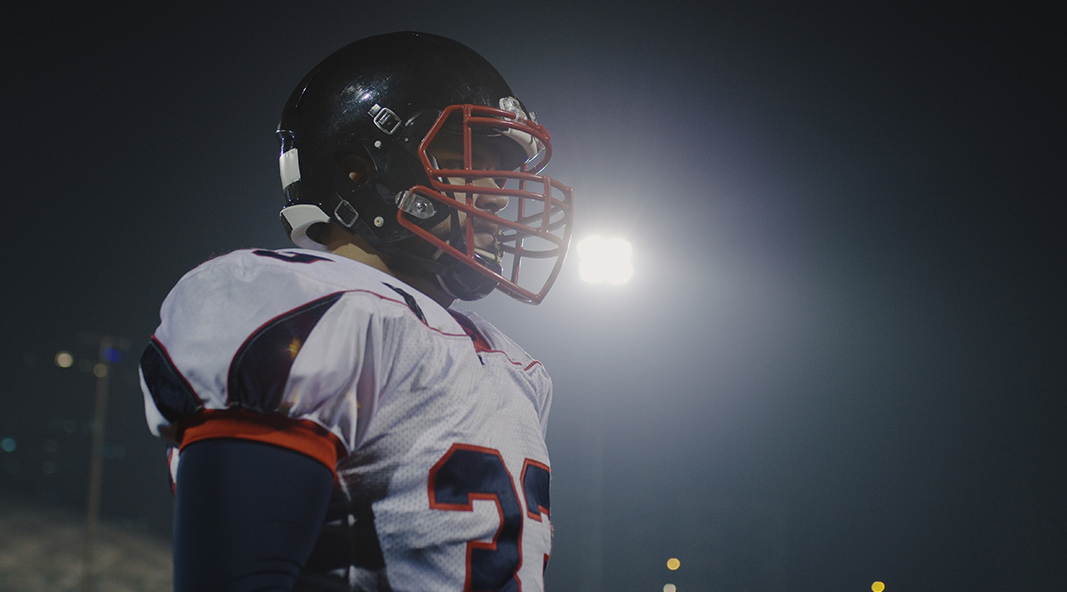
- by adam-anz
Rehabilitation Protocol: Superior Labral (SLAP) Repair Protocol
Background & General Considerations Superior Labrum from Anterior to Posterior (SLAP) Tears: At times athletes collect minor injuries to the rotator cuff and/or labrum that progress to unstable structures. Labral
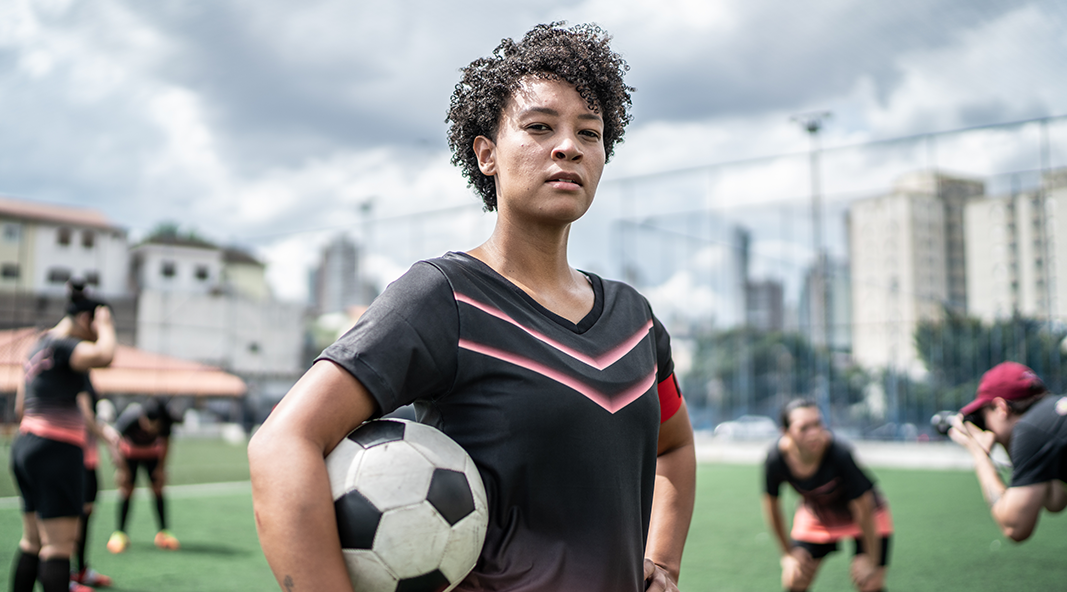
- by adam-anz
Rehabilitation Protocol: Labral/Rotator Cuff Debridement
Background & General Considerations Low-Grade Labral/Rotator Cuff Tears: At times athletes collect minor injuries to the rotator cuff and/or labrum. Fraying of these tissues are also called “low-grade” tears. Smoothing
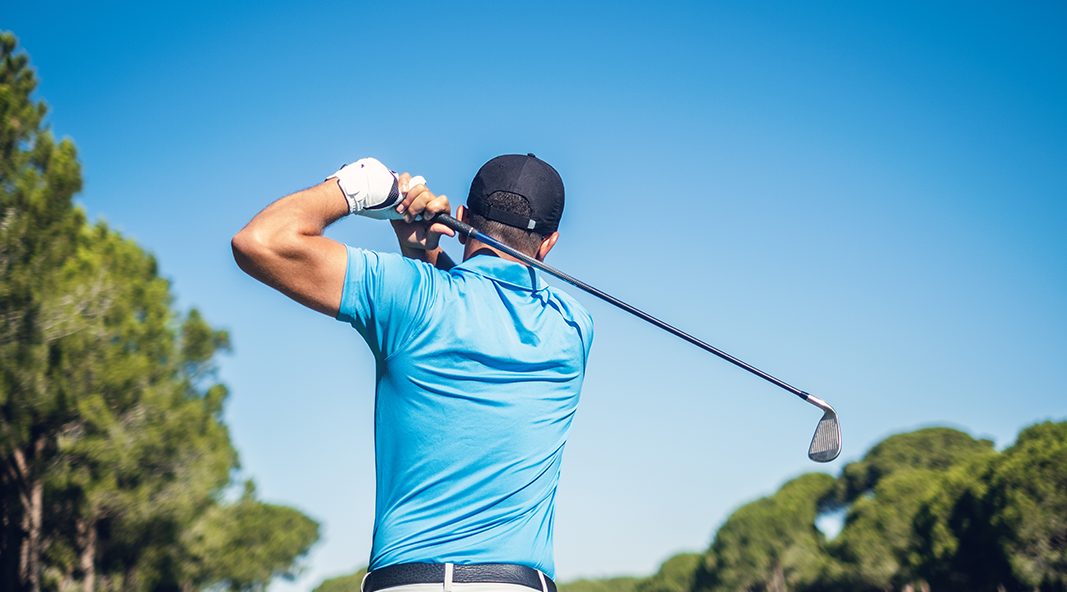
- by adam-anz
Rehabilitation Protocol: Small Rotator Cuff Repair/Debridement
Background & General Considerations Low-Grade/Small Rotator Cuff Tears: At times rotator cuff tissue collects minor injuries or small tears. Fraying of these tissues are also called “low-grade” tears and small
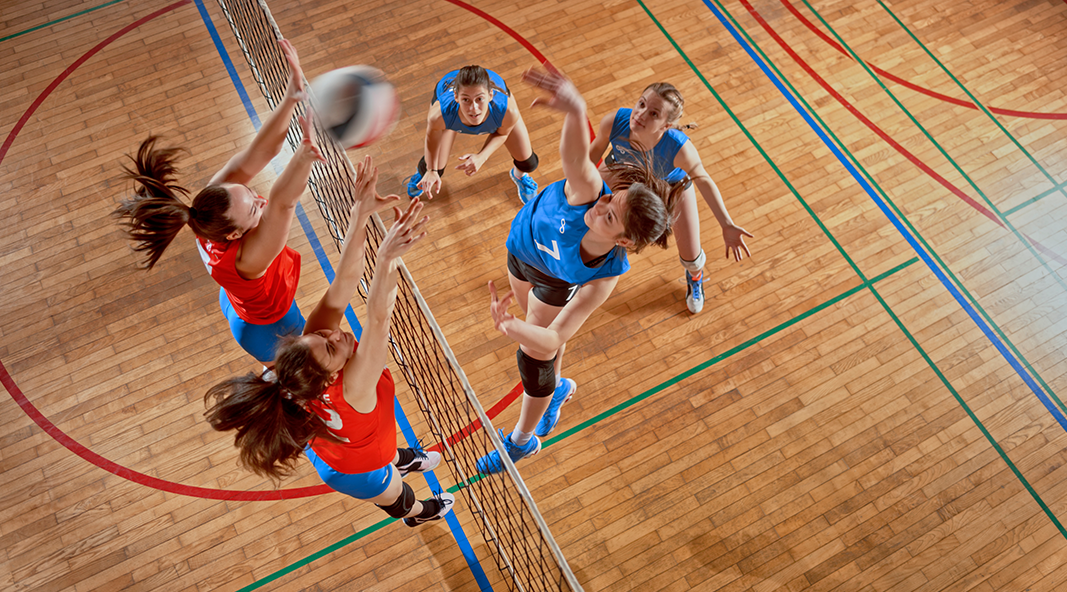
- by adam-anz
Rehabilitation Protocol: 360 Degree Tears – Arthroscopic Anterior, Posterior, and Superior Labral Repair
Background & General Considerations Anterior-Inferior and Posterior-Inferior Labral Tears: With a first-time severe dislocation of the shoulder or chronic shoulder instability in multiple directions can create “360 degree” complete tears
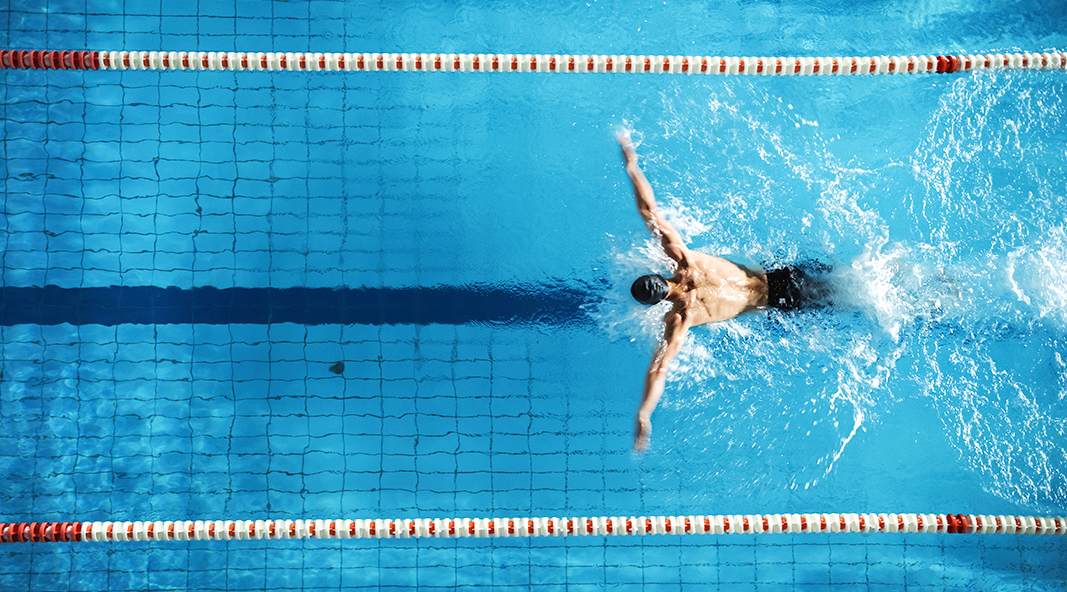
- by adam-anz
Rehabilitation Protocol: 270 Degree Tears Arthroscopic Anterior-Inferior and Complete Posterior Labral Repair
Background & General Considerations Anterior-Inferior and Posterior-Inferior Labral Tears: With a first-time dislocation of the shoulder, the anterior inferior labrum is torn, often called a “Bankart Lesion”. If this shoulder
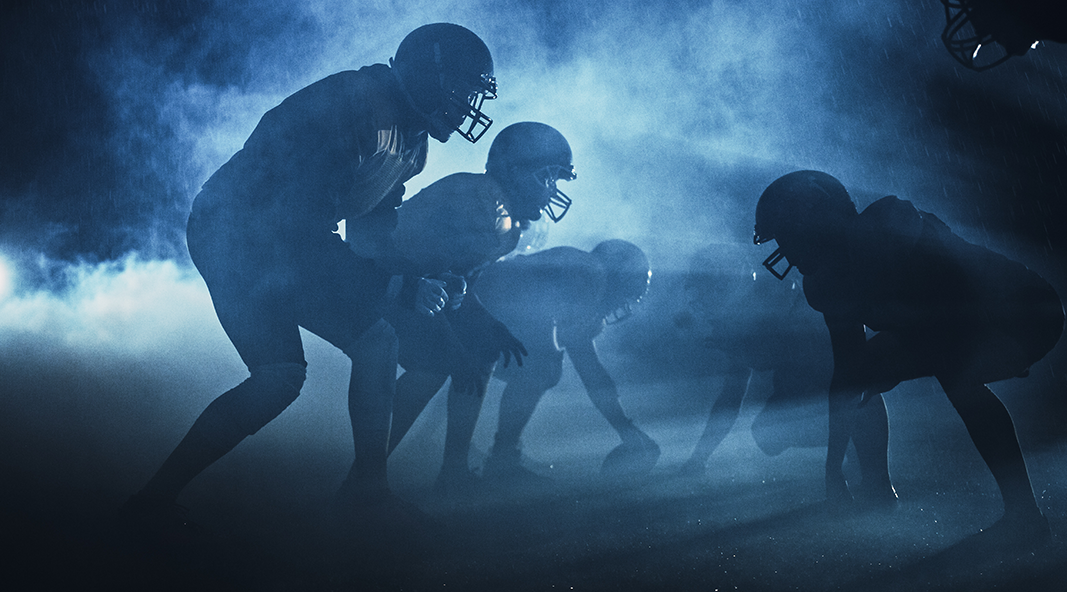
- by adam-anz
Rehabilitation Protocol: Massive Rotator Cuff Repair
General Considerations Background and General Considerations: Massive Rotator Cuff Tears/Maturation Time: Massive rotator cuff tears are defined as rotator cuff tears with over two of the four rotator cuff tendons
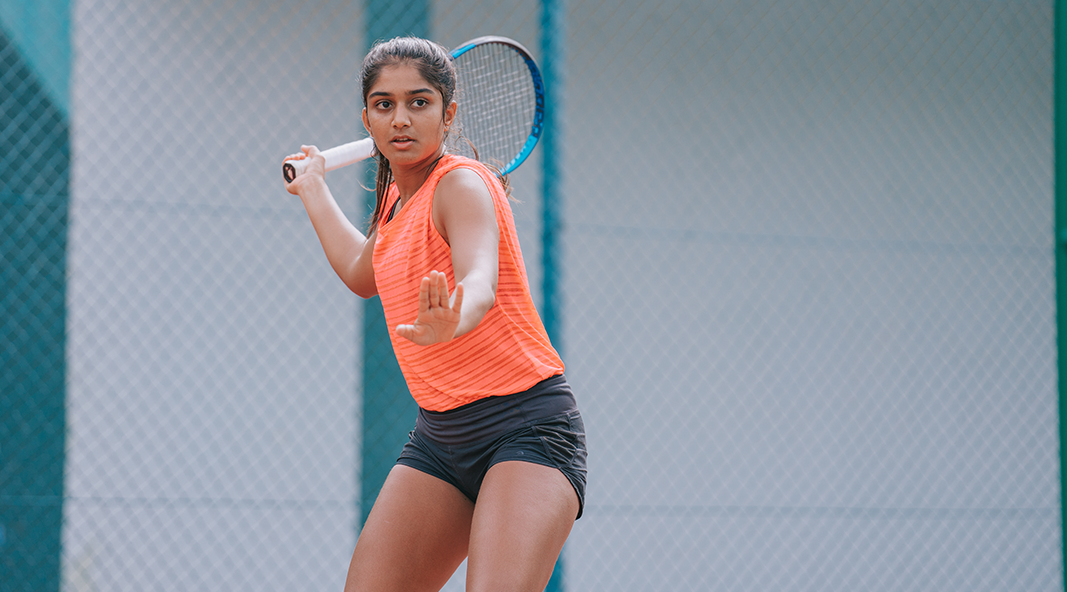
- by adam-anz
Rehabilitation Protocol: Large Rotator Cuff Repair
Background & General Considerations Large Rotator Cuff Tears/Maturation Time: Large rotator cuff repairs require a significant amount of protection. Tendon-to-bone healing starts to get competent at 6 weeks but likely
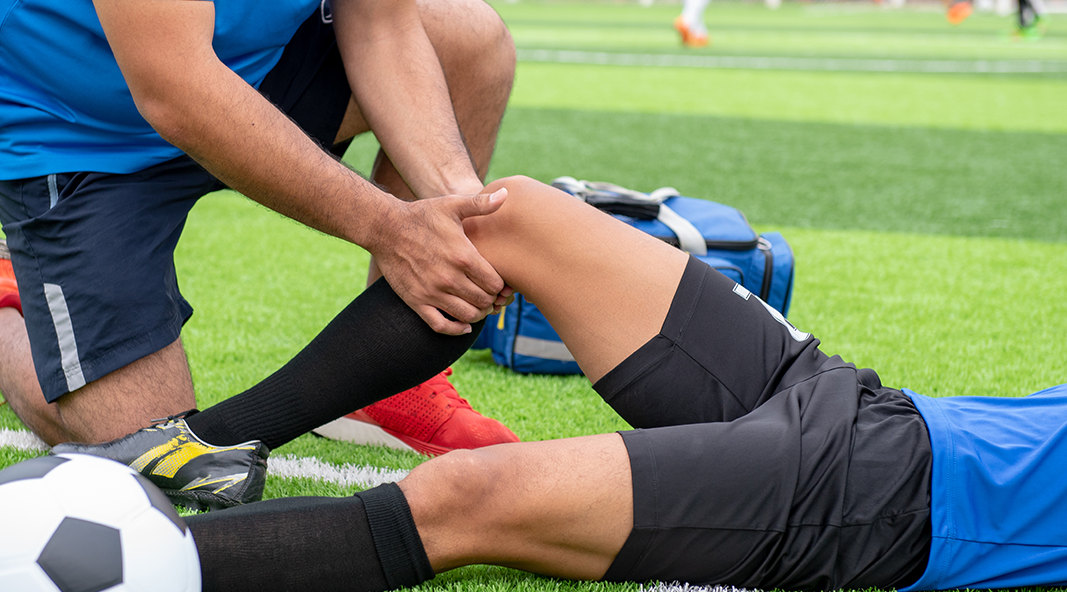
- by adam-anz
Rehabilitation Protocol Overview: Minor Meniscus Repair
General Considerations Meniscus Repair Considerations: Flexion over 90 degrees loads the back of the meniscus, which is the area where tears most often occur. For this reason, flexion is controlled

- by adam-anz
Rehabilitation Protocol Overview: Isolated ACL Reconstruction with No Meniscus Repair
General Considerations BRACE: The brace should be worn at all times for the first week, except to bathe and during physical therapy. After the first week, the brace should be
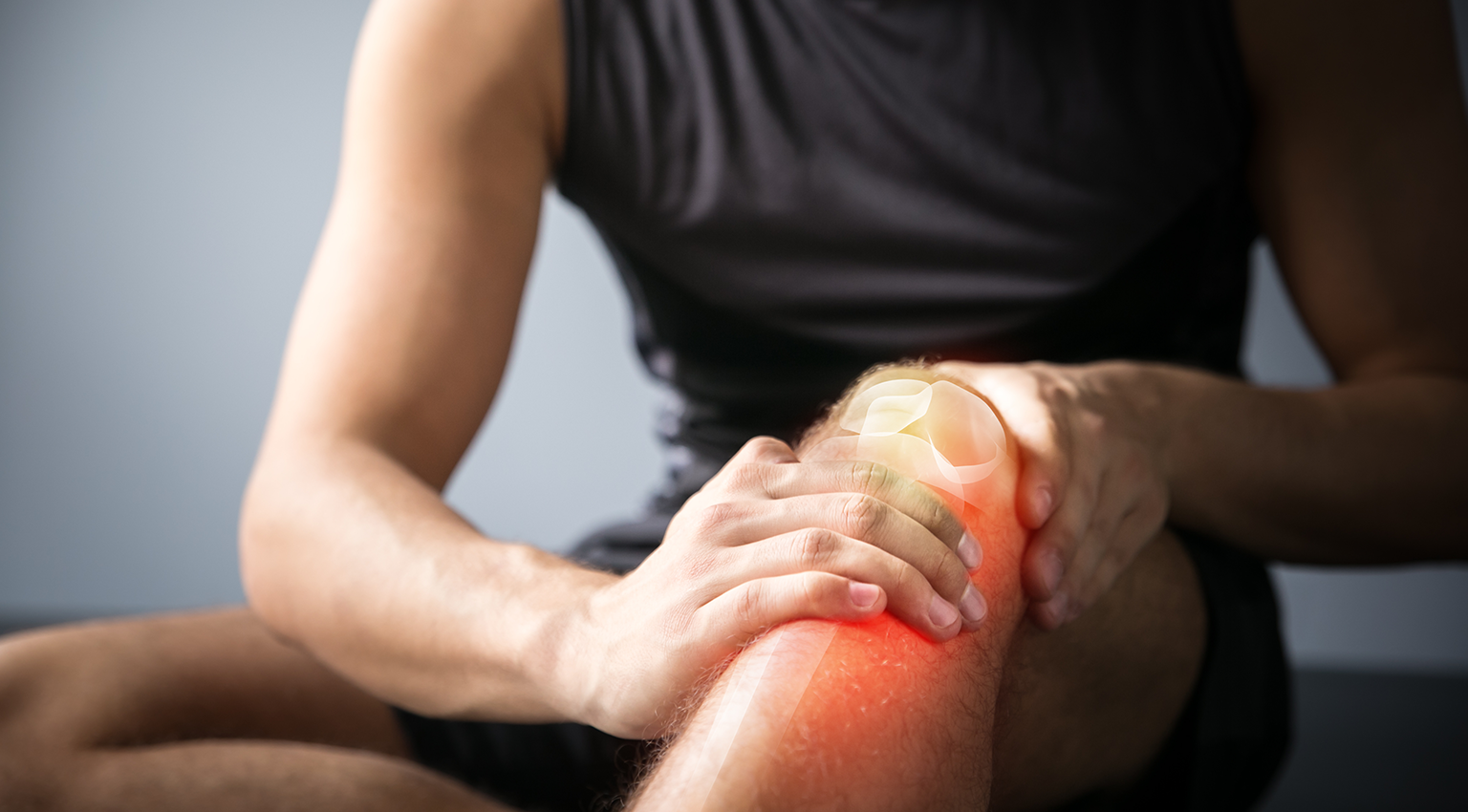
- by adam-anz
Rehabilitation Protocol Overview: ACL Reconstruction with Major Meniscus Repair
General Considerations Meniscus Repair Considerations: Flexion over 90 degrees loads the back of the meniscus, which is the area where tears occur during ACL injury events. For this reason, flexion

- by adam-anz
Rehabilitation Protocol: Superior Labral (SLAP) Repair Protocol
Background & General Considerations Superior Labrum from Anterior to Posterior (SLAP) Tears: At times athletes collect minor injuries to the rotator cuff and/or labrum that progress to unstable structures. Labral

- by adam-anz
Rehabilitation Protocol: Labral/Rotator Cuff Debridement
Background & General Considerations Low-Grade Labral/Rotator Cuff Tears: At times athletes collect minor injuries to the rotator cuff and/or labrum. Fraying of these tissues are also called “low-grade” tears. Smoothing

- by adam-anz
Rehabilitation Protocol: Small Rotator Cuff Repair/Debridement
Background & General Considerations Low-Grade/Small Rotator Cuff Tears: At times rotator cuff tissue collects minor injuries or small tears. Fraying of these tissues are also called “low-grade” tears and small

- by adam-anz
Rehabilitation Protocol: 360 Degree Tears – Arthroscopic Anterior, Posterior, and Superior Labral Repair
Background & General Considerations Anterior-Inferior and Posterior-Inferior Labral Tears: With a first-time severe dislocation of the shoulder or chronic shoulder instability in multiple directions can create “360 degree” complete tears

- by adam-anz
Rehabilitation Protocol: 270 Degree Tears Arthroscopic Anterior-Inferior and Complete Posterior Labral Repair
Background & General Considerations Anterior-Inferior and Posterior-Inferior Labral Tears: With a first-time dislocation of the shoulder, the anterior inferior labrum is torn, often called a “Bankart Lesion”. If this shoulder

- by adam-anz
Rehabilitation Protocol: Massive Rotator Cuff Repair
General Considerations Background and General Considerations: Massive Rotator Cuff Tears/Maturation Time: Massive rotator cuff tears are defined as rotator cuff tears with over two of the four rotator cuff tendons

- by adam-anz
Rehabilitation Protocol: Large Rotator Cuff Repair
Background & General Considerations Large Rotator Cuff Tears/Maturation Time: Large rotator cuff repairs require a significant amount of protection. Tendon-to-bone healing starts to get competent at 6 weeks but likely

- by adam-anz
Rehabilitation Protocol Overview: Minor Meniscus Repair
General Considerations Meniscus Repair Considerations: Flexion over 90 degrees loads the back of the meniscus, which is the area where tears most often occur. For this reason, flexion is controlled

- by adam-anz
Rehabilitation Protocol Overview: Isolated ACL Reconstruction with No Meniscus Repair
General Considerations BRACE: The brace should be worn at all times for the first week, except to bathe and during physical therapy. After the first week, the brace should be

- by adam-anz
Rehabilitation Protocol Overview: ACL Reconstruction with Major Meniscus Repair
General Considerations Meniscus Repair Considerations: Flexion over 90 degrees loads the back of the meniscus, which is the area where tears occur during ACL injury events. For this reason, flexion
